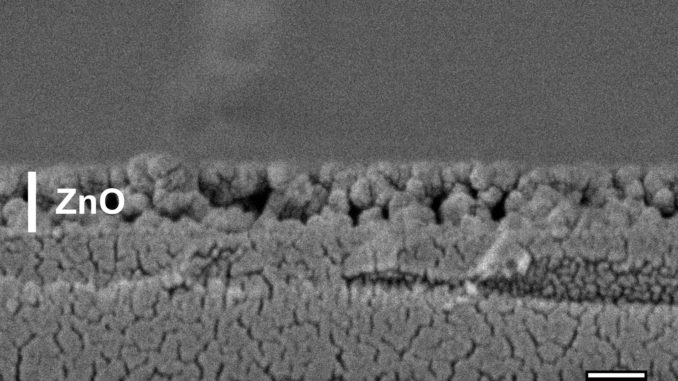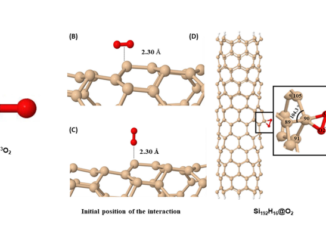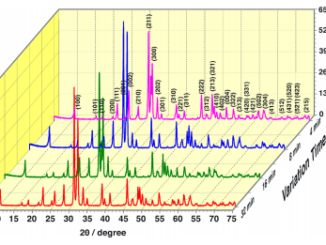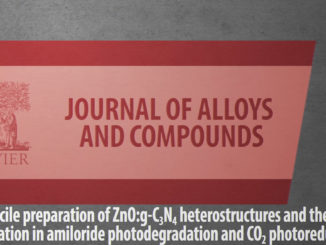
Zinc oxide surface functionalization and related effects on corrosion resistance of titanium implants
Abstract: Important clinical concerns in orthopedics and dental implantology are associated with a significant release of titanium (Ti) metal ions and debris due to the low corrosion resistance of this material. Chemical modifications on Ti surfaces have been performed in order to minimize effects of corrosion. In this contribution, zinc oxide (ZnO) thin films were deposited onto Ti surfaces and functionalized with four different organic bifunctional molecules in order to increase the corrosion resistance. SEM and XPS indicated the formation of nanostructured ZnO thin film with hydroxyl groups available for covalent functionalization. The adhesion mechanism analyzed by XPS suggest that the attachment on ZnO occurs by carboxylic acid, silane, thiol and hydroxyl groups for 4-aminophenylpropionic acid (APPA), 3-aminopropyltrimetoxysilane (APTMS), 3-mercaptopropionic acid (MPA), and polyethylene glycol (PEG) molecules. Electrochemical analysis for the functionalized ZnO specimens with APPA showed noble open circuit potentials (−0.2 V) and significant decrease in the corrosion current density (5.3 × 10−7 A/cm2) when compared to the values obtained for pristine Ti (−0.56 V and 2.3 × 10−6 A/cm2), indicating a promising material for applications in biomedical fields.
Authors: Luciana D. Trino, Leonardo F. G. Dias, Luiz G. S. Albano, Erika S. Bronze-Uhle, Elidiane C. Rangel, Carlos F. O. Graeff & Paulo N. Lisboa-Filho.
Ceramics International
Volume 44, Issue 4, March 2018, Pages 4000-4008
DOI: https://doi.org/10.1016/j.ceramint.2017.11.195




